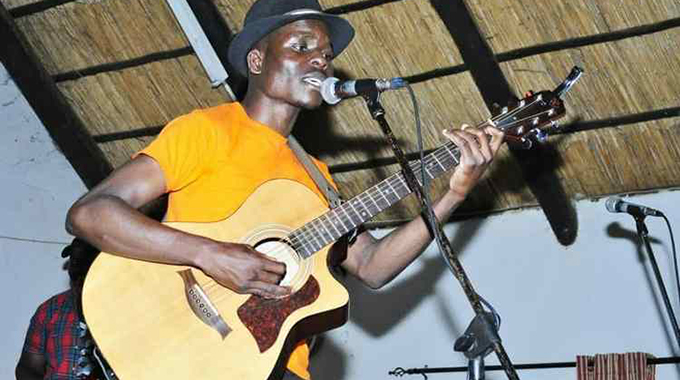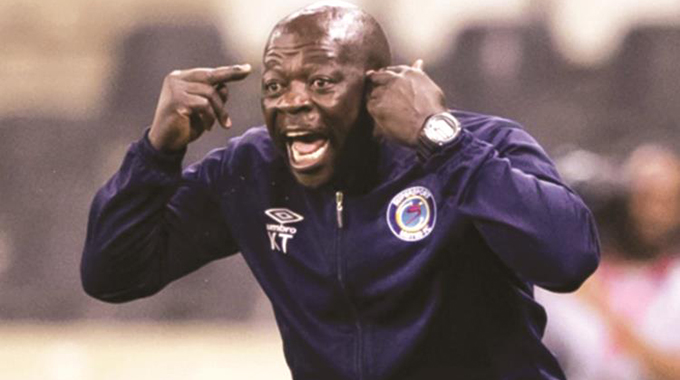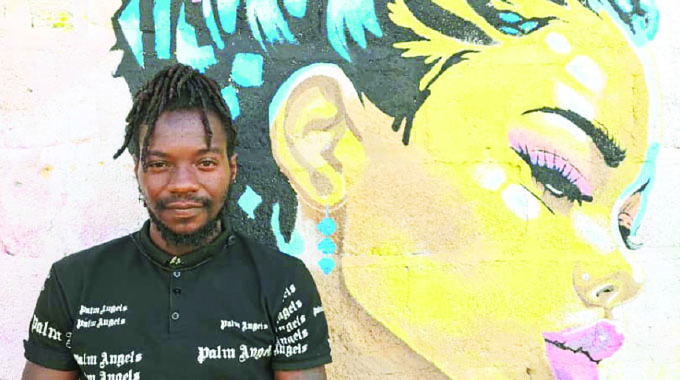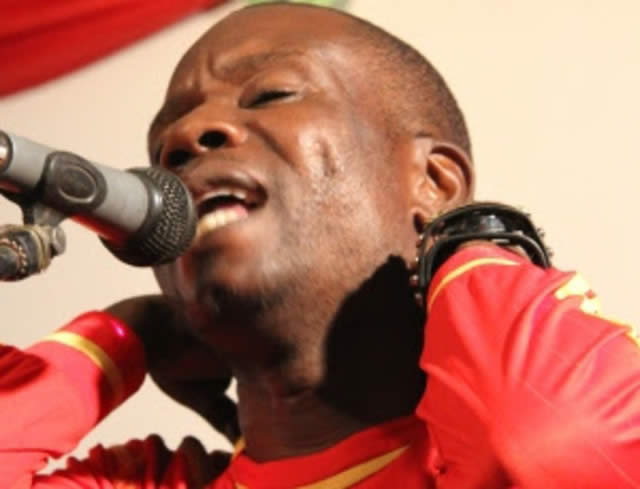We learnt a lot, say Tuku protégés

Kundai Marunya and Clodine Manyozo
At first glance, from his jaw line, dark complexion and the way he carries himself, he WAS an Oliver Mtukudzi reincarnate, with only his height the distinction between them.
When singing Tuku’s old songs or his own creations, one would wonder if Bernard Betera is not of Mtukudzi’s lineage, especially now that he has inherited the late Sam Mtukudzi’s band members, among them Tuku’s nephew Tawanda Ndoro.
Alas, Betera’s home is hundreds of kilometres away from Tuku’s home area, Madziwa. He hails from the diamond rich Marange (Bocha) area of Manicaland.
Betera is one of the many protégés of Tuku, but the only one to master his mentor’s style both in vocals and in dressing.
“When he first approached Tuku for a collaboration back in 2017, he was told that no one would tell the difference in their vocals,” said Betera’s manager Wilberforce Maruma.
“He was then invited to perform for Tuku who loved his music so much that he could not help, but give him a standing ovation.”
The encouraging reception from his hero drove Betera to strive in his pursuit of music even when he could barely afford to record.
He took his first single “Bukira” to the late national hero who gave it a nod.
The memory of the late Zimbabwean legend, Tuku, does not fade away as his style and music still lie in his protégés who seem to be appreciative for the grooming that he gave them.
Munyaradzi Mataruse is one of the prominent voices that were also groomed by Tuku.
His mentor’s death was a great and sad loss both personally and professionally.
Mataruse said the first thing he learnt from Tuku was respect and humility.
“l learnt that as a musician, you will become famous but this does not mean that the next person does not deserve your respect.
“It is better to be a musician who is recognized by their humility than to be recognized by something bad that does not fit well in our community,” he said.
“I have also learnt that this industry can grow to greater heights if musicians that are already in the industry help those who are upcoming.
“As you know, Pakare Paye Arts Centre is the brainchild of Mtukudzi. It has changed people’s lives.
“Through the centre, we now have musicians like me and as you know, the best person to groom a carpenter should be a carpenter,” said Mataruse.
Mataruse said he serves Tuku’s legacy by continuously working with Pakare Paye Arts Centre in grooming artistes, organising events and staging regular shows.
Another one of his protégés, Mbeu, said Tuku was a father figure who always told him to behave well.
“As someone who was close to him, he treated me like his son as he always tried by every means to instil good behaviour in me before he taught me about music,” he said.
Mbeu was orphaned at a tender age.
“My parents died when l was young and l never got the chance to feel their love but things changed when Tuku became part of my life and became my father.”
The “Ndikafa” hit-maker also said the legacy of Tuku would live on.
“The legacy of Tuku will live forever because he worked with many artistes besides those who were from Pakare Paye so l believe it will stay forever,” Mbeu said.
“Pakare Paye will always be at heart and whenever l am free l go there and help some people who will be there”.
“Nzou treated us as his own children and that is the first thing that l learnt from him, to have love.
“He was punctual for his rehearsals and shows and l also learnt that music is a business and l have to invest in it,” said Innocent Mapemba, one of the artistes to pass through Pakare Paye.
Mapemba said Tuku hated alcohol and drug abuse.
“He was drug and alcohol-free and l adopted that,” he said.
“Even after Tuku’s death, my relationship with Pakare Paye did not change. We still do what we used to do although we are now struggling to raise funds for our projects”, said Mapemba.
Donald Kanyuchi, who was also mentored by Tuku said: “He taught me that music is hard and l had to work hard for me to be famous and to do what is needed for me to be famous.”
“I learnt that music must be from the heart and it must help the people that will listen to it. Music is medication to the people.”
Kanyuchi said Tuku wished for Pakare Paye to remain vibrant.
“l am standing by Mai Daisy Mtukudzi in inviting fellow artistes so that we can keep Tuku’s vision alive”, Kanyuchi said.
Dendera musician Sulumani Chimbetu, who once collaborated with Tuku on the song “Kwedu”, said the late superstar was a humble man.
“I approached Tuku for the collaboration and he reverted to me unexpectedly. l was honoured because he never asked for anything that was complicated or hard for me. The journey of the song was so easy,” said Chimbetu.
Gospel Tatenda Mahachi, who collaborated with the late musician said working with Tuku was a welcome development.
“It came as a surprise that a legend of Tuku’s calibre agreed to work with me. l learnt a lot from him as he took me as a son and a friend,” said Mahachi.
“Tuku would ask for my opinion on every part of the song which showed me that he was humble. This made our relationship strong.”
Some of the local, regional and international musicians who collaborated with the late Tuku, include Winky D, Garry Tight, Joss Stone, Ladysmith Black Mambazo, the late Hugh Masekela, Jah Prayzah, Berita Khumalo and Ringo Madlingozi, among others.







Comments